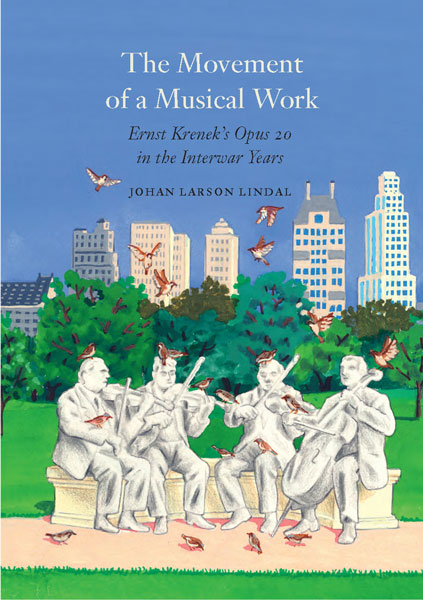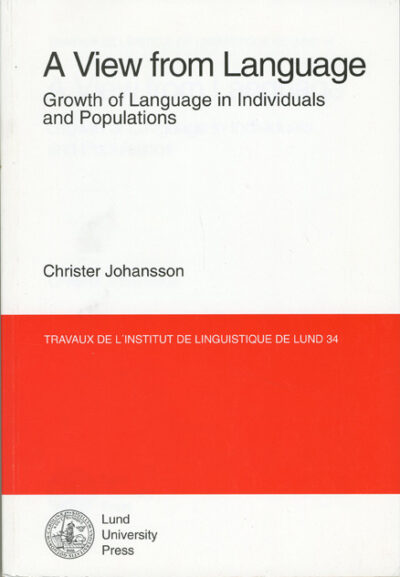The Movement of a Musical Work
Ernst Krenek’s Opus 20 in the Interwar Years
Johan Larson Lindal
297 kr
Beskrivning
The idealistic musical work concept is the idea that pieces of music exist beyond space and time. Having emerged in Western art music, this concept has not had an easy time co-existing with musical practices around the world. To show the discrepancies and consistencies of the musical work concept vis-Ý -vis everyday practice, the book The Movement of a Musical Work. Ernst Krenek•™s Opus 20 in the Interwar Years sets out to explore the making of one single musical work and its movement in and with people, objects, time, and space. Set amid 1920s social circles of European¬ modern music or New Music, the book focuses entirely on the Third String Quartet, op. 20 by Austrian composer Ernst Krenek. The movement begins with Op. 20•™s creation in 1922–1923 in central Europe and ends on the American east coast in 1940. Throughout this period, the book peeks into music organisations and institutions in seven countries, concert life, new and old media, the impact of fascism on New Music, and the German-speaking exile communities in the U.S. in the late 1930s. Op. 20•™s movement is the story of how early 20th century people made a music piece into far more than an object of sound by fixing it and claiming it as their own. It is also a depiction of Op. 20•™s own agency in defining itself – or refusing to do so. Ultimately, the book raises the question of the relative independence of musical objects in a historical context in which they were regularly defined and categorised.
Ytterligare information
| Vikt | 564 g |
|---|---|
| Storlek | 20 × 148 × 210 mm |
| Språk | Engelska |
| Antal sidor | 329 |
| Bandtyp | Danskt band |
| ISBN | 978-91-985802-4-2 |
| ISSN | 1654-6601 |
| Volym | 57 |





